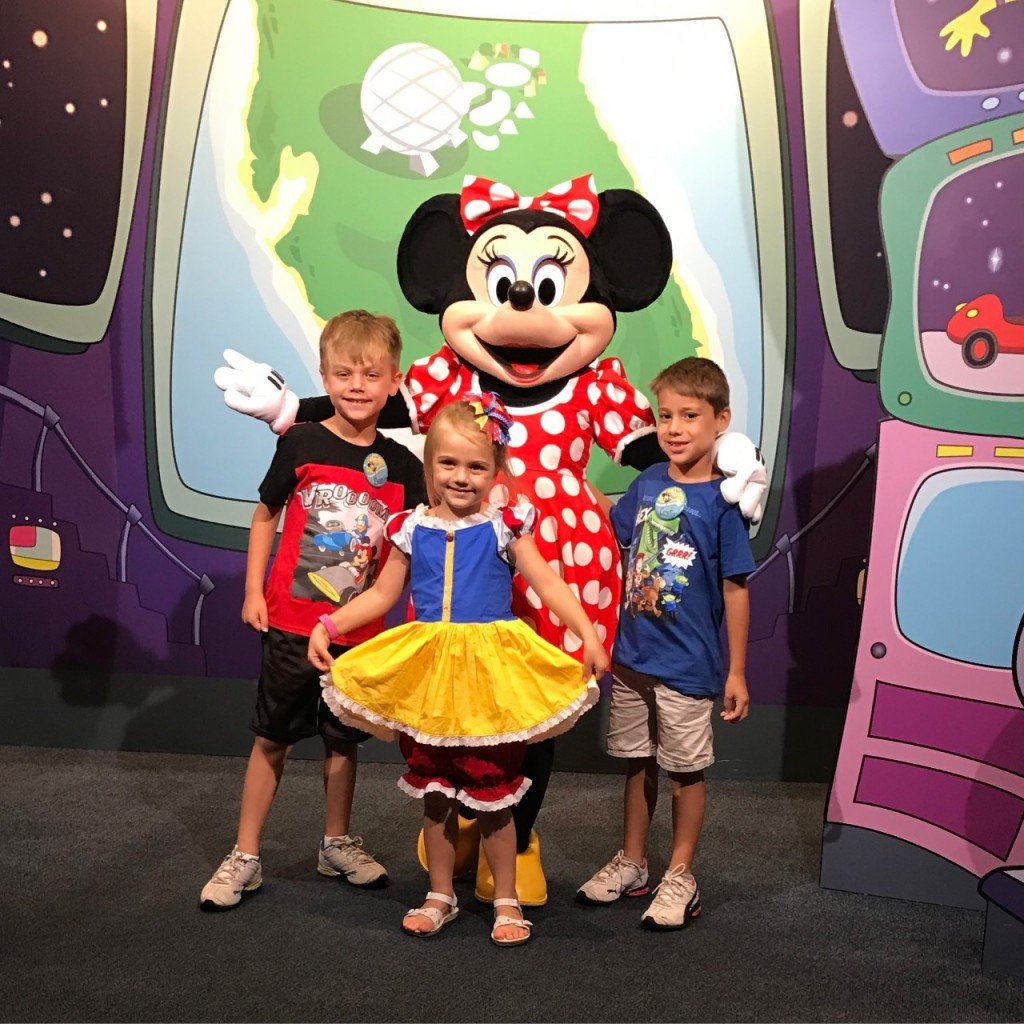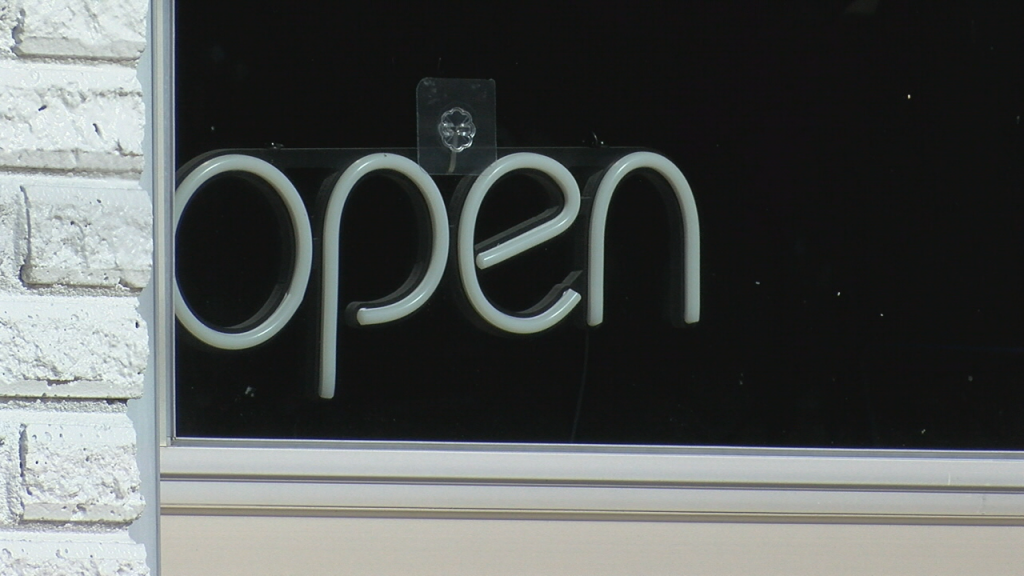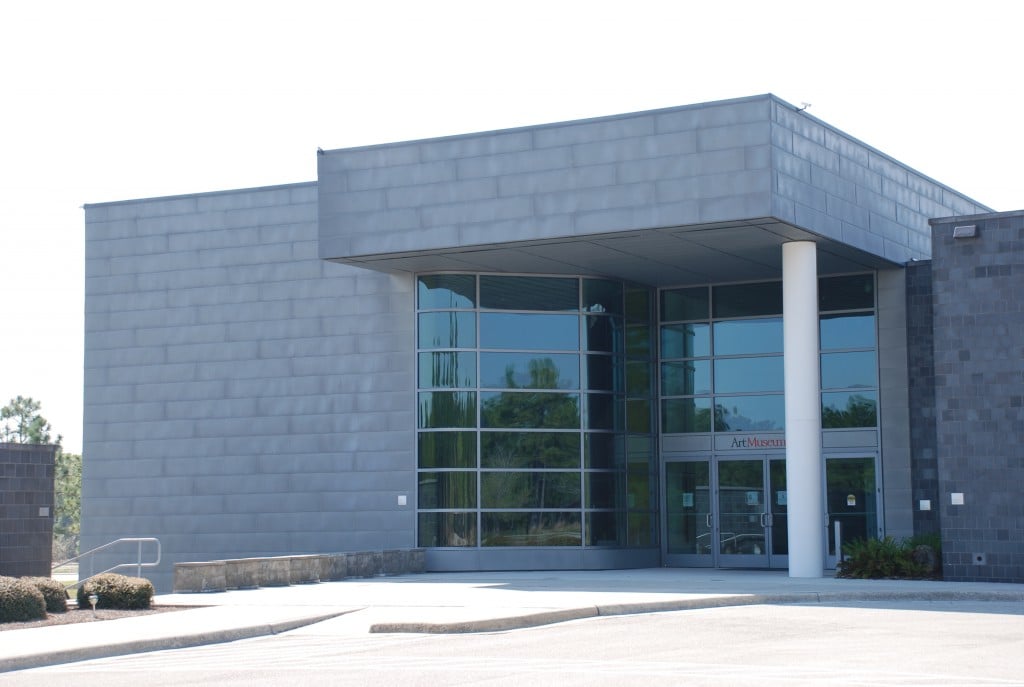100 years of ineptitude… only in Philadelphia
When it happened Sunday afternoon, most people probably did not even notice. But when the Philadelphia Flyers ended their hockey season with a 6-0 loss in game five of the NHL’s Eastern Conference Finals, it established a level of ineptitude likely never seen before in the annals of sports history. Combined with the lackluster performances of their fellow big league sports franchises in the City of Brotherly Love the Phillies, the Eagles and the 76ers, the Flyers capped 100 seasons without a championship.
By now, sadly, the great people of Philadelphia and the dislocated fans of its sports teams have become somewhat used to these sorts of indignities. After all, the Phillies lost their 10,000 game last year. No team in any sport anywhere has ever done that. Heck, our founding fathers built an entire city to take the nation’s capital out of Philadelphia. But you’d think we could catch a break some time.
I thought maybe the city of Chicago would have accomplished this infamous feat first among cities with at least one team in each of the four major leagues (MLB, NFL, NBA and NHL). After all, the Cubs haven’t won a World Series since 1908, and the White Sox went 88 years before they won the World Series in 2005. And the last time the Blackhawks hoisted Lord Stanley’s Cup was in the spring of 1961. But the Bulls did not join the NBA until the fall of 1966. The Windy City’s next title came when the Bears won Super Bowl XX in January 1986. Even adding up the championship shortcomings of all five teams, you only get 96 collective seasons without a crown. By my count New York, Boston, Los Angeles and Detroit are the other cities with all four leagues represented long enough to have a chance to set a mark like this. None has.
In Philadelphia, though, each team has now gone a quarter century since one of them won a title. Four teams, 25 years for a total of 100 seasons without a parade down Broad Street.
In May 1983, the 76ers, after coming so close a few times, finally found the missing piece of the puzzle, winning 14 of 15 playoff games and the NBA title. Moses may have led the Hebrews out of slavery, but Moses Malone led the 76ers to the promised land. Since then, it’s been nothing but heartache for the teams and their fans. But that’s not to say the franchises haven’t had their chances.
The Phillies, the 1980 World Series winners, were the first to have a shot just months after the Sixers won it all. Led by future Hall of Famers Mike Schmidt, Steve Carlton, Joe Morgan and Tony Perez and should-be Hall of Famer Pete Rose, the so-called Wheeze Kids made it to the 1983 World Series, where they lost in five games to the Baltimore Orioles and some kid named Cal Ripken, Jr. It would be another decade before the Phillies would get back to the postseason. They lost the 1993 World Series in six games when Mitch Williams gave up only the second home run ball to end a Fall Classic. A 14-year drought would follow until the Fightin’s rallied from seven games back with 17 to go last fall to overtake the rival New York Mets and win the NL East. Their trip to the postseason ended in a three-game, first-round sweep by the Colorado Rockies.
The Flyers had their chances to delay the sad attempt at history early on, too. In the 1984-85 season they won a team-record 53 regular season games en route to the Stanley Cup finals. But a game-one win was all they could muster, losing to the defending champion Edmonton Oilers, led by guys with nicknames like “The Great One” and “The Messiah.” Another 53-win season followed the next year, despite losing goalie Pelle Lindbergh to a fatal car wreck a month into the season. But the Flyers were swept out of the first round of the playoffs. The next year, it was back to the finals for a rematch with the Oilers, led by rookie goalie Ron Hextall, who, like Lindbergh two years earlier, won the Vezina Trophy for best goaltender. The Flyers fell behind 3-1 in the finals, but won the next two games to force a decisive Game 7. Hextall played well enough in the postseason to earn the Conn Smythe Trophy as playoff MVP. But Edmonton won the final game 3-1 to win another Stanley Cup. A few dark years gave way to some semblance of hope when the Flyers landed Eric Lindros, the hulking center who was to be Wayne Gretzky’s heir apparent as hockey’s next great player. The Flyers’ biggest star to that point, Bobby Clarke, returned as General Manager, and built a bruising team, like his Broad Street Bullies that won the Flyers’ only two Stanley Cups in the 1970s, around Lindros. In 1997, Lindros and his “Legion of Doom” line bullied their way to the Eastern Conference title and a championship round match-up with the Detroit Red Wings. After the Flyers lost the first three games in the Finals, coach Terry Murray said the team was in a “choking situation.” His goal was to fire up his players. Instead, they went out and lost Game 4 and the series, giving the Red Wings their first Cup since 1955. Murray also lost his job. Since then, the Flyers have gone through five more coaches, an ugly split with Lindros after the fading star suffered several concussions and a collapsed lung and several disappointing postseason runs.
If any team is loved by the populace of Philadelphia, it is the Eagles. But the team has never won a Super Bowl and last won the NFL Championship in 1960. After getting to the Super Bowl for the first time in January 1981, the mid-’80s were a blur of disappointment. But the addition of head coach Buddy Ryan, the architect of the Super Bowl Champ Bears’ stifling defense, in 1986 added a bit of swagger. In his second season, Ryan took the Iggles back to the playoffs for the first time since the 1981 season. It was a match-up with Ryan’s old team in Chicago on New Year’s Eve. During a close game in the second quarter, a bank of fog rolled in off Lake Michigan, creating a virtual white-out at Soldier Field. The Eagles couldn’t find the end zone through the pea soup and lost the so-called Fog Bowl 20-12. During the 1990s, the Eagles were up and down. But when they did make the playoffs, they typically lost early. The 21st Century, though, brought new success and four straight NFC Championship game appearances. The first three were all losses with costly late turnovers. The fourth time was the charm. But a late game rally in Super Bowl XXXIX ended with a Donovan McNabb interception and a 24-21 loss to the New England Patriots.
Finally, back to the 76ers. Remember, it’s their 1983 NBA title that kept this whole thing from happening a few years earlier. But once they won their championship, the Sixers started a tradition of underachievement. Hall of Famer Julius Erving called it a career in 1986-87. That made way for Charles Barkley to be the new star. But the Sixers would never get past the Eastern Conference semifinals before Barkley was traded to Phoenix in the summer of 1992 as he and his fellow Dream Teamers won gold at the Olympics, meaning Philadelphia didn’t officially have a piece of even that title. Next into the spotlight was mercurial Allen Iverson. “The Answer” scrapped and sacrificed his body at every turn, earning him love from the blue-collar Philly faithful. In the summer of 2001, he led the Sixers to an improbable Eastern Conference title, complete with two seven-game series. They then won the first game of the Finals. Unfortunately, it was the only game Kobe, Shaq and the Lakers would lose that postseason.
Even a horse couldn’t win it all for Philadelphia. Born on a farm in suburban Chester, Smarty Jones burst onto the scene with a win in the 2004 Kentucky Derby. He followed it up with a win at the Preakness two weeks later. With Philadelphia in a frenzy for a horse, the stage was set for perhaps the first Triple Crown winner since 1978. Some say jockey Stuart Elliot stood up in irons too early. Others say fellow jockeys focused on beating Smarty rather than winning the race themselves. Whatever happened, 36-1 longshot Birdstone surged late to pull the upset and cause another Philadelphia heartbreak.
Since 1983, teams in Anaheim (World Series, Stanley Cup), Atlanta (World Series), Baltimore (World Series, Super Bowl), Boston (two World Series, three Super Bowls, two NBA titles), Calgary (Stanley Cup), Chicago (World Series, Super Bowl, six NBA titles), Cincinnati (World Series), Dallas (three Super Bowls, Stanley Cup), Denver (two Super Bowls, two Stanley Cups), Detroit (World Series, three NBA titles, three Stanley Cups), East Rutherford, NJ, (three Stanley Cups — the celebratory parades were held in the arena parking lot), Edmonton (five Stanley Cups), Green Bay (Super Bowl), Houston (two NBA titles), Indianapolis (Super Bowl), Kansas City (World Series), Los Angeles (World Series, Super Bowl, six NBA titles), Miami (two World Series, NBA title), Minneapolis (two World Series), Montreal (two Stanley Cups), New York (five World Series, three Super Bowls, Stanley Cup), Oakland (World Series), Phoenix (World Series), Pittsburgh (Super Bowl, two Stanley Cups), Raleigh (Stanley Cup), St. Louis (World Series, Super Bowl), San Antonio (three NBA titles), San Francisco (four Super Bowls), Tampa (Super Bowl, Stanley Cup), Toronto (two World Series) and Washington, DC, (two Super Bowls) have won pro sports championships. In that period, the biggest win for Philadelphia has been the 1985 NCAA basketball championship won by suburban Villanova University. The city so in need of a champion gave the team a Center City parade, at which coach Rollie Massamino called the team “national champions of the world.” Other than that, there’s been little to celebrate. The Phillies in 1980 and the Sixers in 1983 remain the only professional titles for Philadelphia teams in my life. I remember neither of them.
One day the curse will end. One day the Phillies or the Eagles or the Sixers or the Flyers will finally get over the hump again and win it all. And when it happens, literally millions of people will line Philadelphia’s Broad Street to celebrate. I just hope I’m still alive to see it.





Leave a Reply